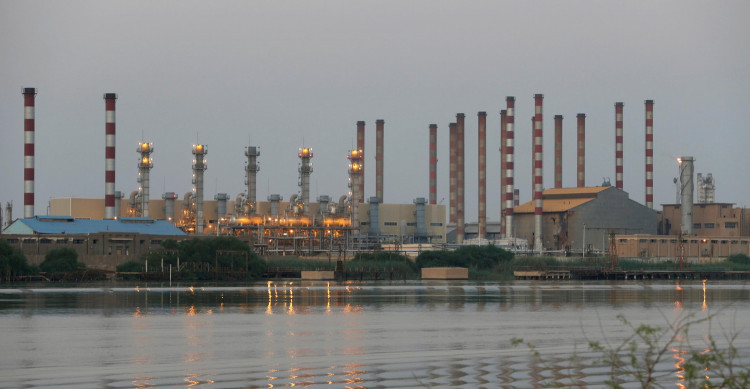Iran has discovered a new oil field in the south of the country with more than 50 billion barrels of crude oil, its leader said Sunday, a discovery that could raise the proven reserves of the state by a quarter.
Hassan Rouhani's announcement comes as Iran faces crippling US sanctions after last year's US exit from its nuclear deal with world powers.
In a speech in Yazd's desert city, Rouhani made the announcement. He said the field is situated in the southern province of Khuzestan in Iran, close to its vital oil industry. Around 53 billion barrels would be applied to the estimated 150 billion Iranian reserves, he said.
"I'm telling the White House that in the days when you banned the selling of Iranian oil and threatened our government, staff and engineers in the country were able to find 53 billion barrels of oil in the field," Rouhani said.
Oil reserves refer to oil that can be produced economically. Due to different requirements, estimates may vary wildly by region, although it remains a metric of reference among oil-producing nations.
Iran reportedly has the fourth-largest confirmed crude oil reserves in the world and the second-largest natural gas resources in the country. It shares a large offshore area with Qatar in the Persian Gulf.
After holding 65 billion barrels in Ahvaz, the new oil field could become Iran's second-largest field. The area is 2,400 square kilometers (925 square miles), with the deposit being roughly 80 meters deep, Rouhani stated.
The other countries involved - Germany, France, Britain, Russia, and China - have failed to save it since the US withdrew from the 2015 nuclear deal. "We did not offer anyway, however, by which Iran could export its oil abroad," he said.
Every corporation and country that imports oil from Iran risks extreme US sanctions, the risk of which also halted billions of dollars in business deals and dramatically depreciated the currency of Iran, the rial.
Since then, Iran has moved beyond the storage and refining restrictions of the pact and been utilizing modified centrifuges banned by the agreement. It also just begun to pump uranium fuel into underwater centrifuges.
The failure of the nuclear deal clashed with a turbulent summer in which the US blamed Iran for unexplained assaults on oil tankers and Saudi oil installations. Although it captured oil tankers and shot down a US military intelligence aircraft, Iran denied the allegation.






